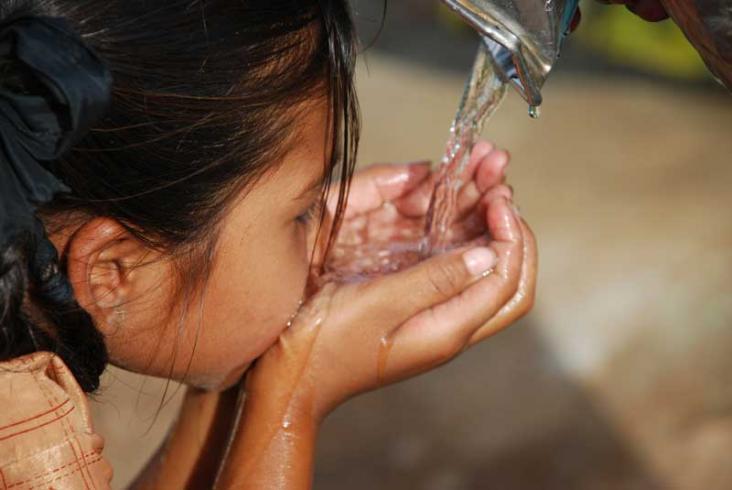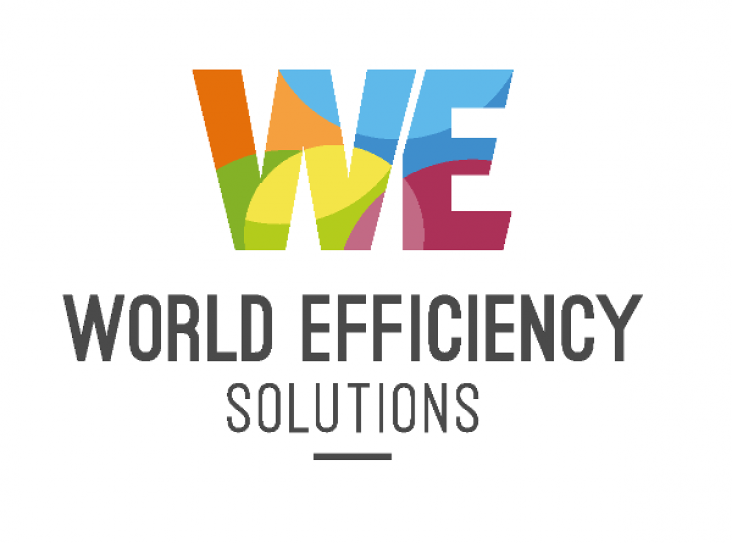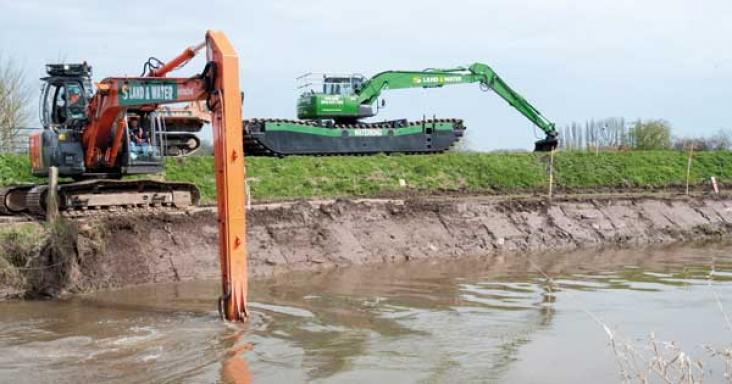As emerging contaminants, antibiotic resistance genes (ARGs) have become a public concern.

Contributes to Goal 6. The RELX Group Environmental Challenge 2018 is now open for applications, awarding projects that best demonstrate how they can provide sustainable access to safe water or sanitation. There is a $50,000 prize for the first place entry and a $25,000 prize for the second place entry.
Among the different pharmaceuticals present in soil and water ecosystems as micro-contaminants, considerable attention has been paid to antibiotics, since their increasing use and the consequent devel
This report seeks to provide an in-depth review of SDG 6 and includes data on the global baseline status, the current situation and trends at global and regional levels, and what more needs to be done to achieve this goal by 2030. The report is based on the latest data available for the 11 SDG 6 global indicators selected by Member States to track progress towards the eight global targets, plus complementary data and evidence from a wide range of sources.

World Efficiency Solutions (WES) is the premier international meeting for the low-carbon and resource-efficient economy focussed on creating the low-carbon and resource-efficient market place. WES was first held in 2015 in Paris during COP21 negotiations, focusing on climate change solutions. World Efficiency develops a new environment consensus: economic and human activities must, to be sustainable, be redesigned to limit their impact on the environment while awareness of the planetary limits (climate change and resources scarcity) becomes widespread. A key objective for WES 2017 is to Identify new market opportunities aligned to the 2030 Sustainable Development Goals (estimated market opportunities are larger than USD 12 trillion) and the Paris Agreement on Climate Change from 2015.

Water management - and ensuring an adequate supply for everyone - is one of the biggest challenges being faced by the UK. In a move by the Environment Agency, internal drainage boards could be given a bigger role in making that happen, helping to reducing flood risks to farmland and local villages in the process. This helps meet SDG 6, Clean Water and Sanitation.
An early warning scheme is proposed that runs ensembles of inferential models for predicting the cyanobacterial population dynamics and cyanotoxin concentrations in drinking water reservoirs on a diel
Framed in feminist political ecology, this paper presents an intersectional analysis of the gender-water-tourism nexus.

How can innovations in chemistry, energy, and biotechnology jointly be applied in low-resource settings for the benefit of a community?
This LabLinks meeting combines the expertise in the applied biosciences of Trends in Biotechnology, Joule’s interest in both scientific and sustainability developments in energy, and Chem’s focus on basic chemical science with relevance to the United Nations Sustainable Development Goals.
Calibrated models can reasonably capture descriptions between input and output variables and can thus be used to estimate long term groundwater levels.
